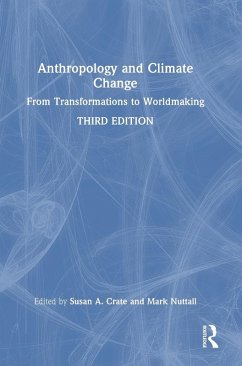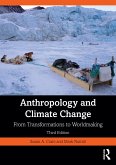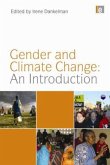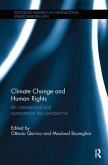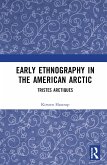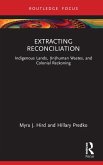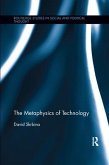In this third edition of Anthropology and Climate Change, Susan Crate and Mark Nuttall offer a collection of chapters that examine how anthropologists work on climate change issues with their collaborators, both in academic research and practicing contexts, and discuss new developments in contributions to policy and adaptation at different scales. Building on the first edition's pioneering focus on anthropology's burgeoning contribution to climate change research, policy, and action, as well as the second edition's focus on transformations and new directions for anthropological work on climate change, this new edition reveals the extent to which anthropologists' contributions are considered to be critical by climate scientists, policymakers, affected communities, and other rights-holders. Drawing on a range of ethnographic and policy issues, this book highlights the work of anthropologists in the full range of contexts - as scholars, educators, and practitioners from academicinstitutions to government bodies, international science agencies and foundations, working in interdisciplinary research teams and with community research partners.
The contributions to this new edition showcase important new academic research, as well as applied and practicing approaches. They emphasize human agency in the archaeological record, the rapid development in the last decade of community-based and community-driven research and disaster research; provide rich ethnographic insight into worldmaking practices, interventions, and collaborations; and discuss how, and in what ways, anthropologists work in policy areas and engage with regional and global assessments.
This new edition is essential for established scholars and for students in anthropology and a range of other disciplines, including environmental studies, as well as for practitioners who engage with anthropological studies of climate change in their work.
The contributions to this new edition showcase important new academic research, as well as applied and practicing approaches. They emphasize human agency in the archaeological record, the rapid development in the last decade of community-based and community-driven research and disaster research; provide rich ethnographic insight into worldmaking practices, interventions, and collaborations; and discuss how, and in what ways, anthropologists work in policy areas and engage with regional and global assessments.
This new edition is essential for established scholars and for students in anthropology and a range of other disciplines, including environmental studies, as well as for practitioners who engage with anthropological studies of climate change in their work.
"This third edition of Anthropology and Climate Change is an excellent assemblage of articles and case studies exploring the reorientations required for fully capturing the multiple and complexly intertwined challenges of climate change, the need to reconfigure through a process of world-making different ways (worlds) of envisioning how we relate to one another and to our environments, and finally, the problems and pitfalls that occur when global policy fails to recognize local capacities and vulnerabilities. Challenging the neoliberal logic that negates the possibility of other possible futures, essentially construing neoliberal capitalism as some ultimate stage of human evolution (Baschet 2003), the authors assert that anthropology thus must tap into the full array of resources, past, contemporary and imagined, for guides for creating alternative futures beyond the current relentless construction of risk. Framing the focus of the third edition with the subtitle "From Transformations to World-Making," Crate and Nuttall and the various authors contend that if climate change doesn't move us toward imagining other worlds (ways) than current neoliberal approaches, we never will, and the consequences will be catastrophic. The third edition of Anthropology and Climate Change moves that discussion significantly forward."
Anthony Oliver-Smith, Professor Emeritus of Anthropology, University of Florida
Anthony Oliver-Smith, Professor Emeritus of Anthropology, University of Florida

